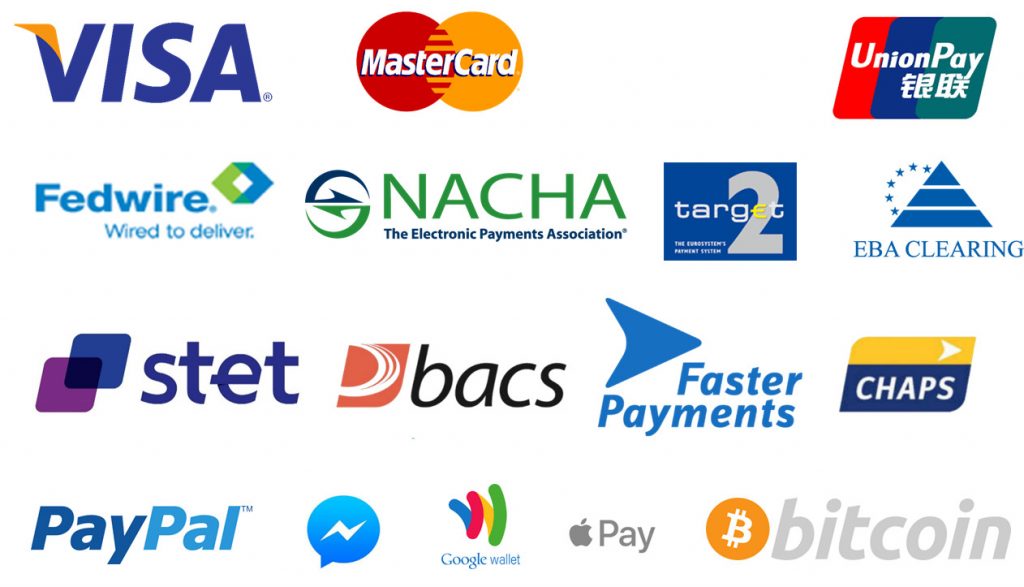
I bumped into this article on The Economist the other day, which postulates that the existing financial system could be replaced.
SWIFT, VISA, MasterCard and other regional and national systems like BACS, CHAPS, CHIPS, Fedwire and such like, were all created in the 1970s or thereabouts. They’re fifty years old. Nothing wrong with being old but, in tech circles, old is old. How fit are they for the future?
Of course, all of the people working for these esteemed institutions would tell you 1000% fit. But that’s what is being called into question by China, according to The Economist article.
With digital currencies, complete commitment to distributed ledger technology, the backing of the world’s second largest economy and a recognition that the country has leap-frogged America technologically, could China create the next generation of finance?
Yes and no.
The fact is that our current financial system is creaking at the seams. This is obvious. From the days and weeks it takes to sometimes make an international payment to the FinCEN documents that demonstrate our complete incompetence at tracking and tracing financial crime, the current financial system does not work.
It’s broken and inappropriate for a 21st century economy.
Now, admittedly, I’m aware that the card companies, the infrastructure firms and the network processing institutions are all upgrading, updating and renovating but – and this is the point of The Economist’s article – if you start anew, you have an advantage.
First, China is leading the charge towards digital currencies. They are far ahead of any other major economy in this respect.
Looks like China has kicked off their digital currency trial.
The People’s Bank of China (PBOC) has been working on a digital yuan for some time.
IMHO: The United States has to digitize the US dollar ASAP.https://t.co/ZyitkA2ImU
— Jason A. Williams 🚀 (@GoingParabolic) April 27, 2020
Secondly, as I’ve blogged a lot, China is far ahead of the rest of the world in using mobile wallets, mobile payments and mobile financial services.
The rise of the mobile wallet - I first started blogging about smart mobile wallets in earnest in 2014.https://t.co/mNrywqeGNB
— Chris Skinner (@Chris_Skinner) September 22, 2020
Thirdly, the Western system is known to be broken and corrupt and so we must change the system!
So, what will the future look like? Will China create the next generation financial system? How would America feel about that? What would Europe’s stance be?
We are at a critical moment of time. Someone tweeted to me the other day that every Empire typically lasts 250 years. I was going to argue the point and then realised that it’s difficult to argue. Britain created an Empire after Queen Elizabeth I (died 1603) and that Empire existed until America took over which, many would say, was after Queen Victoria (died 1901).
America’s Empire probably came to the fore during the railway revolution of the mid-1800s and, two hundred years later, is possibly crumbling and falling apart.
Does China’s economy become the future? Is the new financial system being created in Asia? Will Visa, MasterCard, SWIFT and such like have any relevance in twenty years?
#Justasking
The hegemon-in-waiting financially, as geopolitically, is China, whose rapid rise is tugging away at the system. The country today accounts for 15.5% of global GDP, up from 3.6% in 2000. Its economy, the world’s second-largest, is deeply woven within the fabric of global trade. Yet it weighs little in the financial system. China sees correcting this asymmetry as crucial to gaining great-power status. The Economist
And a final word from Zhang Anyuan, Chief Economist at China Securities:
One thing is clear - it will be a cryptocurrency clearance system backed by blockchain technology that will overturn SWIFT.
Chris M Skinner
Chris Skinner is best known as an independent commentator on the financial markets through his blog, TheFinanser.com, as author of the bestselling book Digital Bank, and Chair of the European networking forum the Financial Services Club. He has been voted one of the most influential people in banking by The Financial Brand (as well as one of the best blogs), a FinTech Titan (Next Bank), one of the Fintech Leaders you need to follow (City AM, Deluxe and Jax Finance), as well as one of the Top 40 most influential people in financial technology by the Wall Street Journal's Financial News. To learn more click here...

